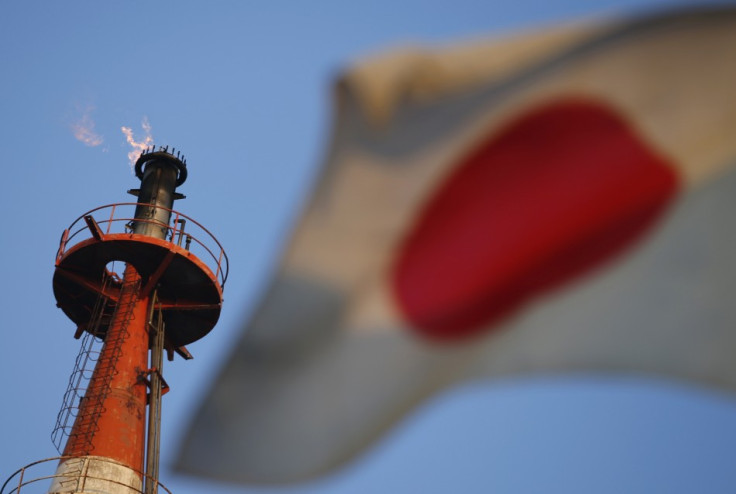Japan's Industrial Output Continues to Expand in January
Industrial production rises 1 percent from December compared to economists' expectations of 1.5 percent growth

Japan's industrial output rose for the second straight month in January, adding to signs of economic recovery, but the increase fell short of economists' expectations.
Industrial output climbed 1 percent from December, when it rose 2.4 percent, according to Japan's Ministry of Economy, Trade and Industry. Economists were expecting a 1.5 percent growth in January.
On a year-on-year basis, industrial output declined by 5.1 percent in January, Prime Minister Shinzo Abe's first month of office.
The ministry, which suggested the slump in output had "bottomed out", attributed the monthly growth to rising shipments of vehicles, iron and steel and electronics equipment, and of semiconductors and auto parts.
Separately, the seasonally adjusted Markit/JMMA Purchasing Managers' Index rose to a reading of 48.5 in February from 47.7 in January, indicating a modest deterioration in operating conditions. A reading above 50 indicates expansion in the manufacturing sector, while a reading below 50 indicates contraction.
A recovery in the global economy that increased exports from the country and the weakening of the yen have been helping Japan recently to come out of recession.
The government led by Abe, who took office in late December, has been taking steps including stronger government spending and bolder monetary easing to boost economic growth.
On 26 February, the legislature approved a $142bn (€108bn, £94bn) supplementary budget for the remainder of the fiscal year ending 31 March, with a view to helping pay for more public works spending and other stimulus measures.
Abe has also nominated Haruhiko Kuroda, the President of the Asian Development Bank, to be the next Governor of the Bank of Japan (BoJ). Kuroda had earlier hinted his support for Abe's unlimited monetary easing plans.
For the post of deputy governor, Abe nominated Kikuo Iwata, an economics professor at Gakushuin University in Tokyo, and Hiroshi Nakaso, currently in charge of international affairs at the BoJ.
The new leadership team is expected to implement further monetary easing measures as early as April.
The ministry earlier reported a 1.1 percent decline in retail spending in January from a year earlier, despite higher spending on food and beverages.
© Copyright IBTimes 2024. All rights reserved.







